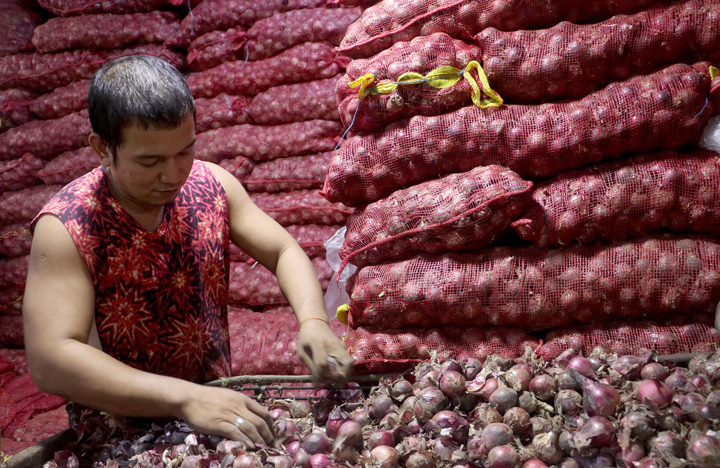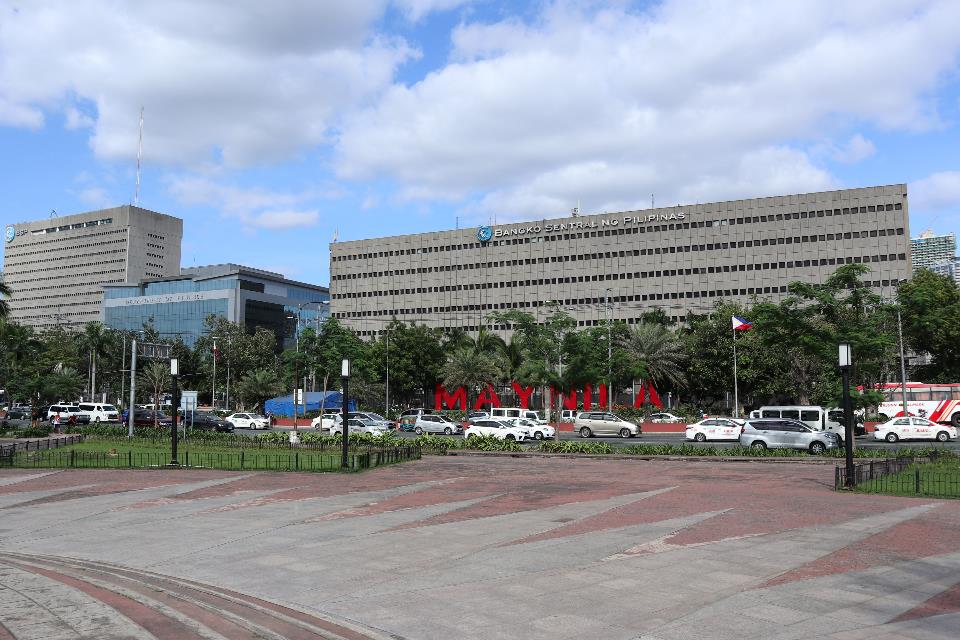THE Philippine Competition Commission (PCC) said it has been investigating the high prices of onions for a possible cartel since November 2022.
The country’s competition watchdog said it launched its market assessment as the onion retail prices have been observed at “unusual high range” and peaked at P600/kilo in December 2022.
As prices are seen to “stabilize” due to the recent importation of onions and the suggested retail price (SRP) set last February 6 by the Department of Agriculture (DA), pursuant to DA Circular No. 5, PCC said it is “looking into the cause of such market anomaly in coordination with the sector regulators and other law enforcement agencies.”
“Since November 2022, the Philippine Competition Commission [PCC] has been investigating the high prices of onion for possible cartel or abuse of dominance conduct, consistent with the probe prompted by House Speaker Cong. Martin G. Romualdez and House Resolution No. 681 filed by Cong. Stella A. Quimbo,” PCC said in its statement on Thursday.
The agency warned that under the Philippine Competition Act (PCA), businesses found to have taken advantage of the situation may be fined up to P100 million, and even face jail time of up to seven years.
The fines, it added, may even be tripled if trade of basic necessities, including agricultural products identified by the Price Act, are involved in cartel or abuse of dominance violations.
Meanwhile, in a televised interview on Wednesday, Trade Secretary Alfredo E. Pascual said the Department of Trade and Industry (DTI) has clarified anew that the Trade department is not the agency that sets the SRP for agricultural products. However, the Trade chief said DTI is assisting the Agriculture department in monitoring prices in the market.
“We are helping the Department of Agriculture [DA] in monitoring prices in the market. Then we just feed them with our findings. As in the case of onions, we reached an agreement, we will help them,” Pascual said.
“If there is a violation, we will send letters of inquiry to check why prices are at such level or higher than SRP,” the Trade chief added.
While the DTI has no jurisdiction over the retail price for agricultural products, Pascual said the Trade department steps into the picture when it comes to improving the efficiency of the country’s supply chain.
He pointed to a “disconnect” in the supply chain as farmers are not directly connected with the retail market.
“Their products have to go through a series of supply lines, a series of traders, along the line. The solution is, and this is where DTI comes in, is to improve the efficiency of our supply chains between the farm and the consumers and institutional users of farm products,” the Trade chief said.
Under the DTI, Pascual said there is the Cooperative Development Authority (CDA). The Trade chief noted that they directed CDA to “focus on organizing and promoting the establishment of farming cooperatives so that our farmers will be working together.”
Image credits: Nonoy Lacza


































